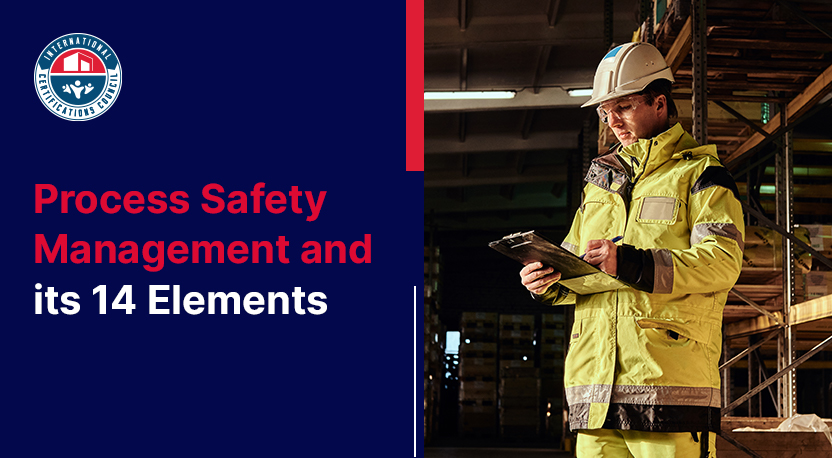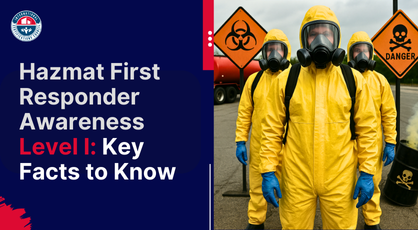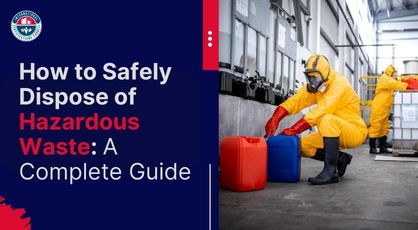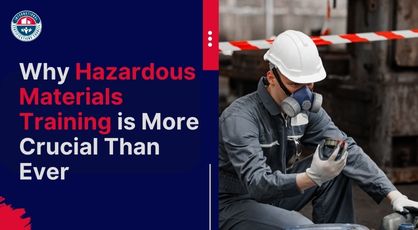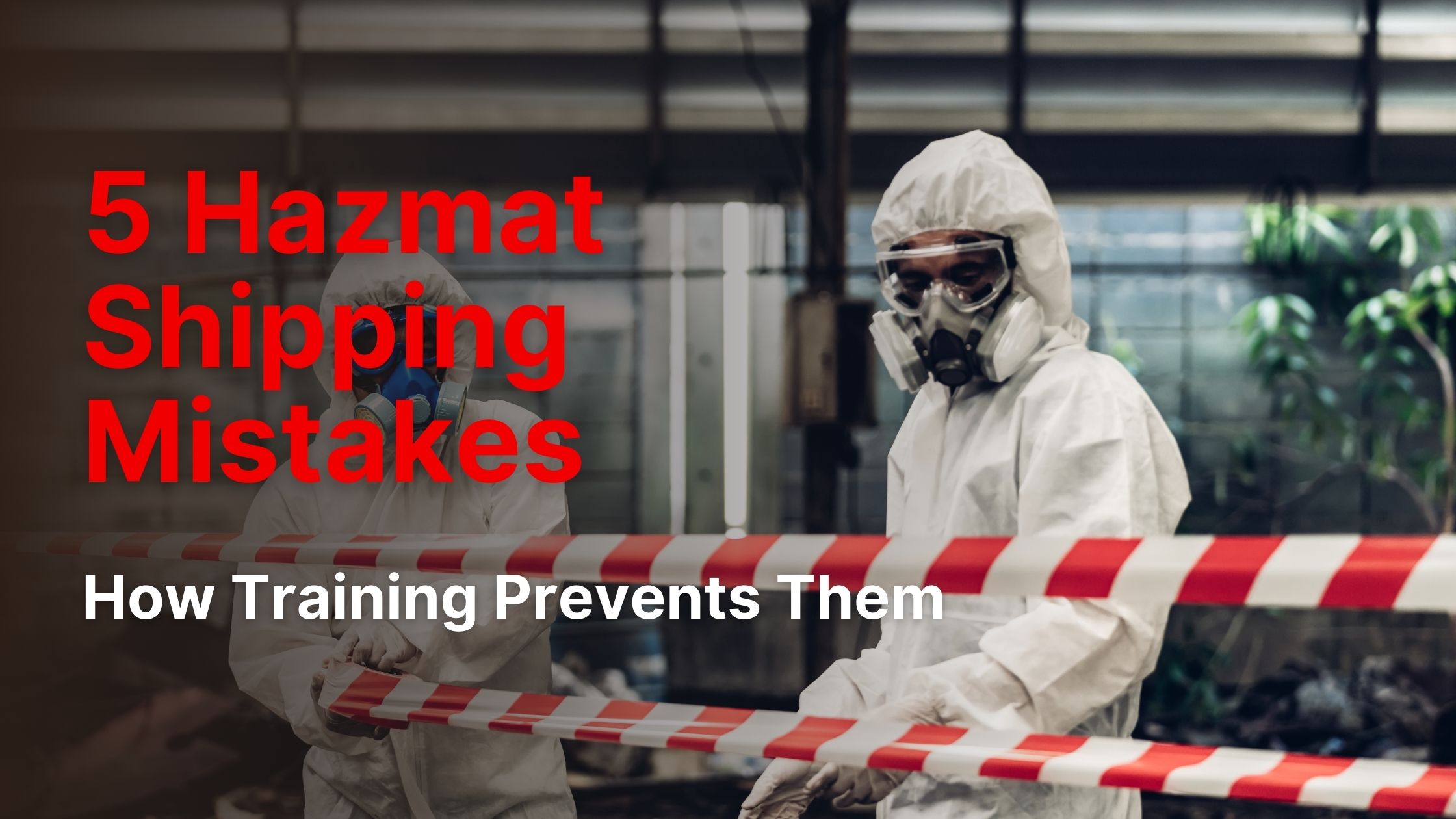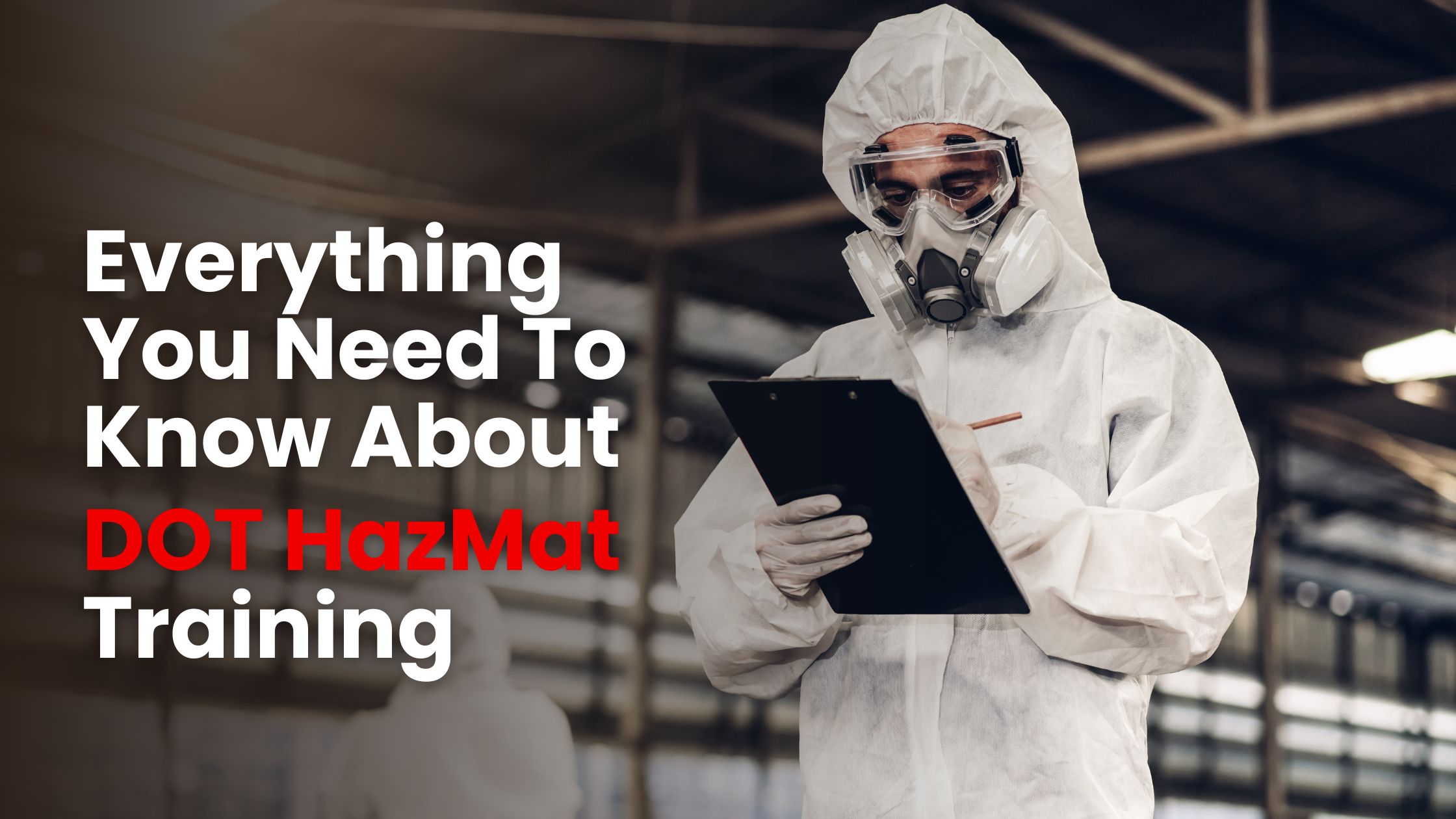Questions and more questions. "Hazardous Materials" is one of the most complex and intimidating topics for any trucking company or a commercial motor vehicle driver for that matter. The rules and regulations attached to hazmat transportation are very complicated. They are also incredibly detailed and specific which makes them even more difficult to understand and follow. There are numerous acronyms and abbreviations as well that a typical hazardous material training course talks about constantly. Even keeping track of them or understanding what every phrase or term stands for becomes challenging. But this blog intends to simplify hazardous material training for you. All your questions, well, most of them and a few very critical doubts will be cleared after reading this piece of information. So let's begin right away!
The Very First Question Is Who Needs Hazardous Materials Training
But before we address this, we should talk about what hazardous materials are in the first place. If you look at a broad definition, hazardous materials have been shortened to hazmat. It comprises all the substances, chemicals, compounds, minerals, and materials that can be toxic, flammable, explosive, or corrosive. The regulations that we have in front of us today have been laid down by the DOT and they are mandatory for every trucking company working in interstate commerce.
Let's Not Take Hazardous Materials To Be Dangerous Goods, Or Can We?
Yes, a lot of people end up doing that. Can we say that hazardous materials are different from dangerous materials? The latter has a more international connotation attached to the phrase. When we are talking about international trade and communication, the United Nations prefers to use dangerous goods instead of hazardous materials. This is strictly in the context of international shipping. The rules and regulations that have been enacted by the federal structure in the US take these terms into consideration as well. For the most part, it is safe to say that both of these things are the same.
Now Coming Back To The Question "Who Needs Hazmat Training?
This is a very simple question. But it is going to have a complicated answer. There are numerous jobs, sectors, and industries in the US that require the employee or worker to be aware of hazardous material handling protocols and safety measures.
For example, if your job involves handling, moving, generating, storing, treating, transporting, or disposing of hazardous materials or any waste that can be considered hazardous, you are definitely in need of some kind of hazmat training that is not only personalized but also relevant to your industry and field of work.
What kind of hazardous material training you will need and for how long is going to depend on the industry you belong to. The jurisdiction where your job is, your responsibilities, and the type of hazardous substances that you work with regularly will also determine what type of hazmat training course module you should go for.
This can be better understood by acquiring knowledge about hazardous material training requirements
An employee working in an organization is going to have a different set of responsibilities from the other. If they have to deal with or move or manage hazmat, the following different areas of hazmat training shall apply according to 49 CFR 172:
1. General Awareness Training
This covers hazardous materials regulations and hazard communication standards as well. This training enables your hazmat employees to recognize and identify hazardous materials as soon as they come in contact with the packaging.
2. Function-Specific Training
There are regulations that are very specific to particular job functions. For example, labeling, marking, storing, packing, moving, and distributing, are all different functions that require different levels of safety as well as hazmat management training.
3. Safety Training
Talking about safety awareness, this module describes emergency response information and how to avoid accidents when a hazmat employee has to deal with such materials. What measures the employer needs to take in the case of unexpected exposure have also been explained in this module.
4. Security Awareness
Another very important topic that should become a part of your hazardous material training is security awareness. It talks about the security risks associated with different hazardous materials that are being transported across interstate borders. The employee also gets educated on how to enhance security and respond to any potential threats posed by those hazardous materials.
5. In-Depth Security Training
This is also a requirement that every dot hazmat training module will have to fulfill. It talks about the specific security plan that has been put into action by the employer.
6. Modal-Specific Training
Different modes of transportation are used to transport hazardous materials of different kinds. It could be rail, vessel, aircraft, or public highway. These are additional regulations that are more specific to the mode of transport used. So yes, hazmat training requirements are very detailed. The training you choose for your employees should check all these boxes mentioned above.
Now Let's Examine What Job Profiles Need Dot Hazmat Training
There are very specific, diverse, and relevant areas of HMR. Any hazmat employer is expected to train each hazmat employee in these areas. A hazmat employer is a commercial entity or an individual who employs one or more of his employees to do the following:
- Transport or arrange for the transport of hazardous materials in commerce
- Enable hazardous materials to be shipped in commerce
- Repair or modify containers that contain hazardous materials
- Repair, modify, or move drums or packages that are used to transport hazardous materials
If you are a hazmat employee, you need this training. It is mandatory as per the federal guidelines. A few activities that are going to necessitate hazmat training as per your job profile include:
- Loading and unloading of hazardous materials
- Handling or distribution of hazardous materials
- Preparing hazardous materials packages for transportation
- Operating a commercial vehicle to transport hazardous materials
- Maintaining the safety measures for hazardous material
- Transportation manufacturing, testing, repairing, modifying, and reconditioning or facilitating containers, drums, or other packaging for the transportation of hazardous materials
To Wrap It Up
Yes, all of this is going to be very intimidating. The sooner you enroll your hazmat employees with a user-friendly, flexible, comprehensive, and affordable hazmat training module, the better it is for you. These courses are easily available online at a very nominal annual fee. Remember, hazmat training is not something that you should take lightly. By ensuring regular and updated training of your hazmat employees, you don't just guarantee the safety of everyone in your organization but also compliance with the rules and requirements laid down by the Department of Transportation. So you don't just stay safe, you stay compliant and functional as well.

